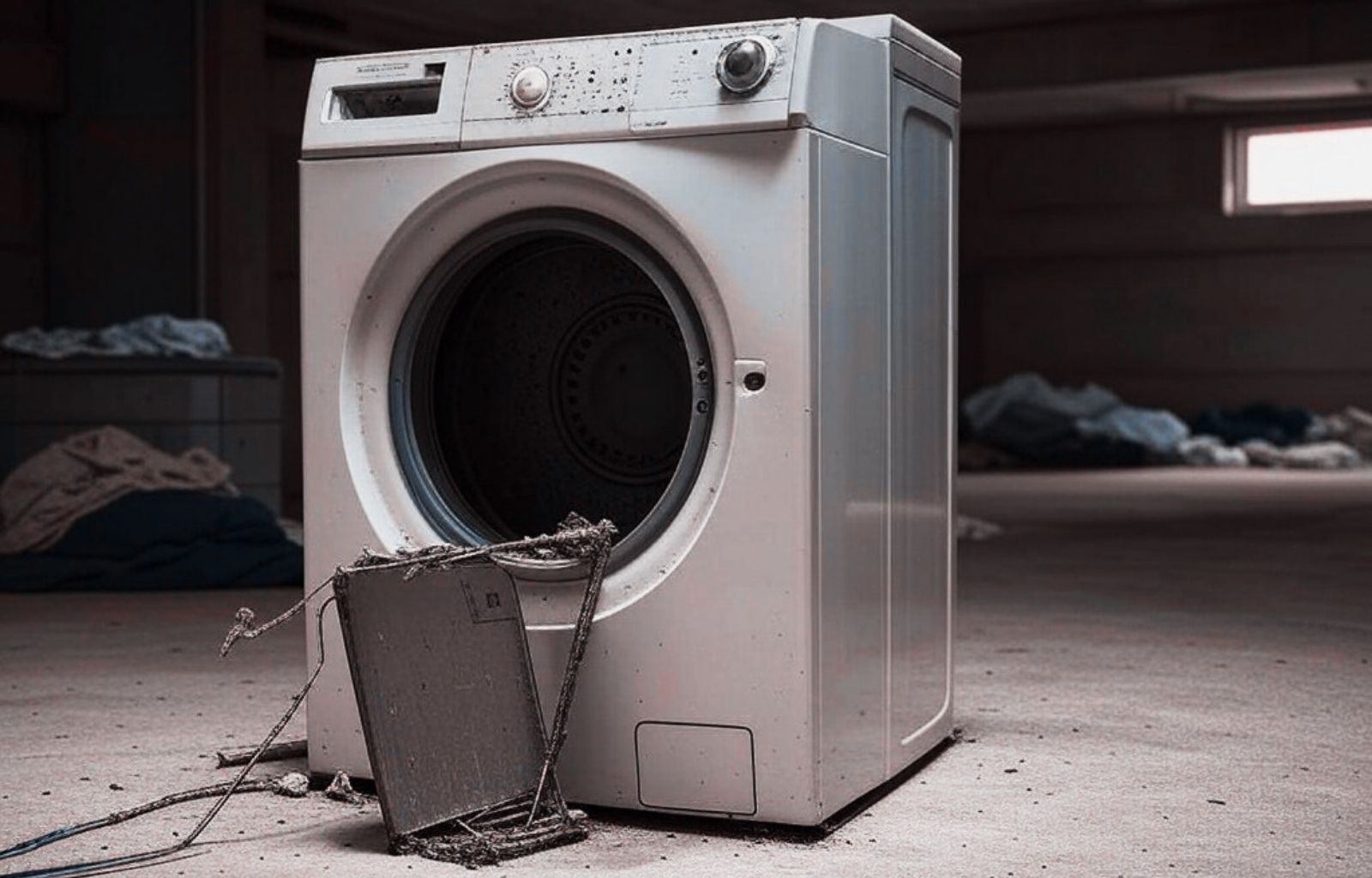The crisis of Beko Italy, symbol of collapse

On 10 December,ISTAT released data on Italian industrial production in October, which recorded a 3.6% year-on-year drop, weighed down by the sinking automotive(-40%) and clothing sectors. With October, the country thus reaches the twenty-first consecutive month of reduction in the index in question, which is now at its lowest level since the beginning of the pandemic; a figure that is even more discouraging when compared to the levels of 2021, when the drop reached -5.5%, despite the fact that at the time there were still considerable restrictions in place due to the health emergency.
On the same day, at the Mimit, Minister Urso received the top management of Beko Italia – a company whose bankruptcy now seems inescapable – who confirmed the imminent dismissal of 1,935 employees, equal to a 44% reduction in the workforce employed by the brand in its Italian factories, which are also destined for closure.
The crisis – not only of the Italian subsidiary, but of many European branches – of the Turkish multinational household appliance company has reasons that lend themselves well to interpreting the numbers of the particularly negative economic situation afflicting all the major EU economies: the cost of energy, the slowdown in the supply chain, the Russian-Ukrainian conflict, but, above all, the difficulty of keeping the production of many categories of goods within European borders due to costs – especially labour costs – that prevent them from asserting themselves over Asian competition, translating into reduced margins for companies and higher prices that consumers are unwilling to pay, resulting in a collapse of market shares.

With GDP, industrial production and the employment rate shrinking even in Germany – Europe’s locomotive now jammed – a radically different approach to the inexorable and irreversible phenomenon that is the relocation of industrial production seems ever more urgent. In fact, as Milton Friedman, Nobel Prize winner for economics, was fond of saying, taxpayers ‘vote with their feet‘; companies, nevertheless, moved as they are by rational logic, move wherever is most convenient. There is nothing, in global markets, that states can do to stop the haemorrhaging of an economy – ours – destined to become post-industrial.
In such a scenario, the attempts to resort to twentieth-century logic, such as the golden power advocated by Urso at the round table with Beko and the trade union representatives, in which the Minister demanded that the company’s top management formulate a business plan by January, compatible with the requirements of the regulatory instrument – under penalty of sanctions and the dreaded right to invalidate the acquisition – appear laughable, which took place in the spring, of Whirpool and its Italian factories by the Turkish multinational, with the paradoxical recourse to a device designed to protect sectors of national strategic importance, among which it seems unlikely that the production of hobs, electric ovens and freezers could be included.
Such drastic measures – assuming they are really applicable – to postpone the inevitable fate of a company that no longer has any reason to exist would only have the effect of further dissuading foreign companies from investing in an Italy already sadly known for its unstable and business-hostile fiscal, bureaucratic, regulatory and legislative framework; This fear is confirmed by the resounding drop in foreign direct investment in Italy, which fell by 12% year-on-year in 2023, and by the far from flattering position Italy occupies in the Global Business Complexity Index 2024, where it ranks third among European countries where it is most difficult to do business.
Given its inevitability, the delocalisation of industrial production only becomes an economic, employment and social drama if, by failing to take note of it, a country proves unable to plan the reconversion of large sectors that are no longer profitable in the production fabric towards the service economy. For those who, as in the school case of the Republic of Ireland, adopt policies to make investments in the country as advantageous as possible for companies in sectors such ashigh-tech and financial services, which are essentially immune to competition based on labour and raw materials at rock-bottom costs, delocalisation represents an enormous opportunity for growth, with new companies ready to invest and offer more, better-qualified and better-paid jobs than those that, not surprisingly, have migrated to less developed economies.
In a production fabric that becomes competitive in highly specialised and high value-added sectors, the unemployment rate tends to remain particularly low, and new jobs, replacing old ones, manage not only to absorb and re-employ, but even to improve the conditions of categories made redundant by the outdated production system.
In the aforementioned Global Business Complexity Index 2024,Ireland is firmly among the countries surveyed where it is most advantageous to do business. Similarly, in theEconomic Freedom Index 2024 compiled by the Heritage Foundation, the ‘Celtic Tiger‘ ranks third, first among EU member states and behind only Singapore and Switzerland. This index takes into account values such as fiscal, entrepreneurial, financial and labour market freedom, the level of government spending as a percentage of GDP, property rights, corruption rates and, last but not least,regulatory efficiency – highlighting how respect for the rule of law and economic freedom are directly related.
After decades of deep political and paramilitary conflicts with the North and the United Kingdom, the country of the clover has experienced an unparalleled economic boom since the 1980s, with growth rates of over 7% per annum, the reasons for which can be found in Dublin ‘s policies to attract record amounts of foreign investment. Today, thanks to an extremely favourable tax and regulatory environment,Ireland is home to the European headquarters of the world’s leading high-tech and pharmaceutical companies, such as Google, Apple, Meta, Microsoft, Pfizer, Johnson & Johnson and Amazon. The result is a nominal GDP per capita that ranks third in the world, with gross domestic product estimated to grow by 3.4% in 2025, while much of the continent is already in recession.
For the Beko redundancies, as well as for hundreds of thousands of other Italian and European workers, a gloomy Christmas is on the horizon, with only lay-offs, solidarity, redundancies and extreme difficulty in finding new and decent jobs. The politicians, shirking all responsibility, have an easy time blaming and demonising companies that are not given any real incentive to stay in Europe – to the point of demanding that those same companies draw up an industrial plan for the country in place of the ruling class that is unable to formulate it, subjugated as it is by a short-sighted time horizon marked solely by its own re-election.












